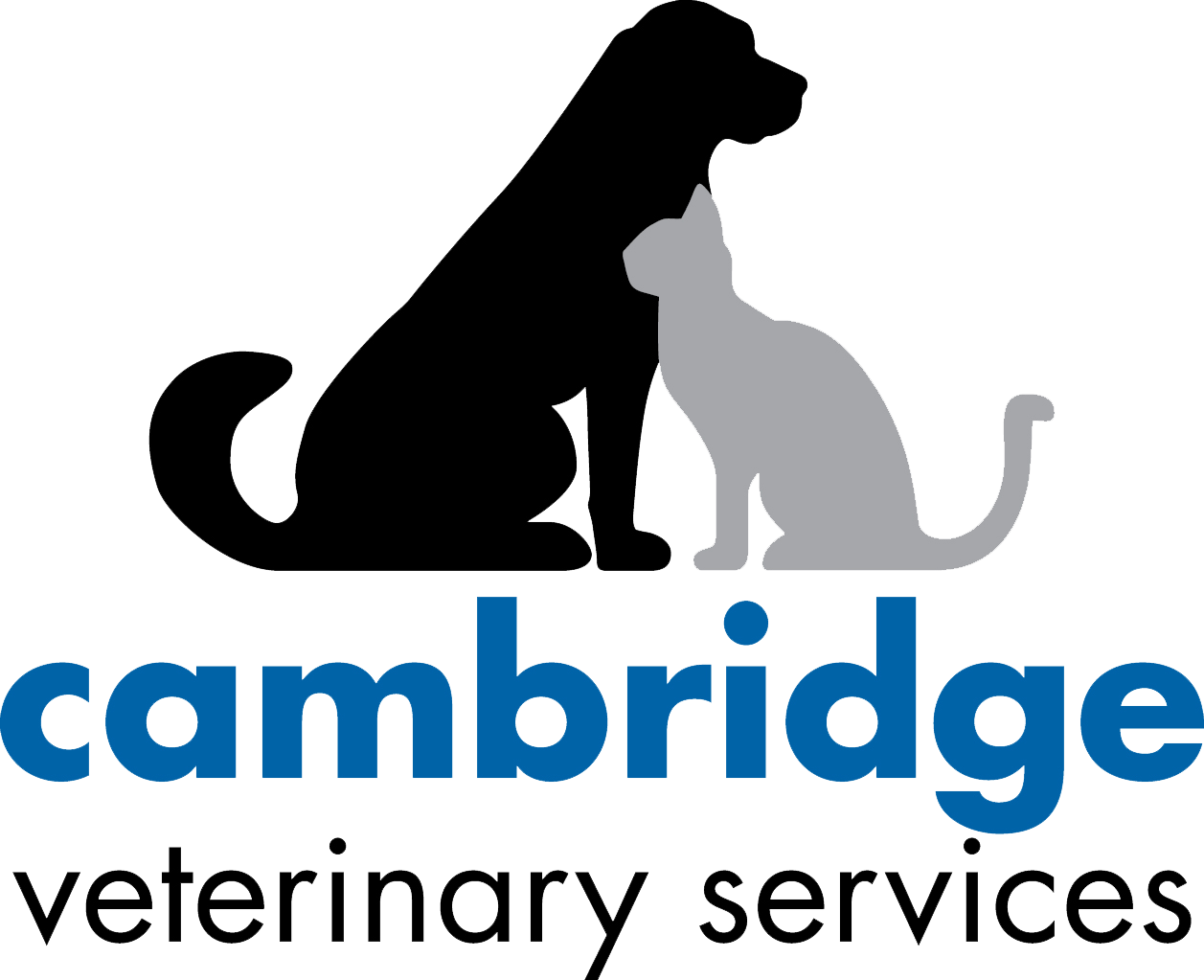Articles
-
Degenerative joint disease is arthritis caused by deterioration and degeneration of tissues lining joints. Treatment includes regular gentle exercise, anti-inflammatory drugs and other medications, omega fatty acids, chondroprotectants, and possibly other nutraceuticals. Emerging therapies include rehabilitation therapy, acupuncture, and stem cell or platelet rich plasma therapies. Maintaining your dog’s weight can help prevent degenerative joint disease.
-
Degenerative myelopathy (DM), a disease affecting the spinal cord, results in slowly progressive hind limb weakness and paralysis. It is considered a disease of middle-aged to older dogs, including German shepherds, German shepherd crosses, Siberian huskies, and collies. It will be suspected based on breed, medical history, physical examination, and diagnostic tests. Unfortunately, there is no effective treatment, and it is a progressive, incurable disease.
-
Demodectic mange is caused by a parasitic mite that lives in the hair follicles of dogs. As long as the body's immune system is functioning properly, these mites cause no harm. Demodectic mange most often occurs when a dog has an immature or weakened immune system, allowing the number of skin mites to increase rapidly. Topical, oral, and injectable medications are available to treat demodectic mange.
-
If a tooth is unerupted, it is at risk of forming a destructive dentigerous (odontogenic) cyst in the bone. Although unerupted or broken teeth can be painful, dogs rarely show obvious signs of pain. Dentigerous cysts, including and the original tooth must be removed carefully as to avoid compromising the bone, which can easily fracture during the extraction. Dentigerous cysts are preventable if unerupted teeth are addressed early in life.
-
Dermatomyositis is hereditary, immune-mediated disease of the skin muscles and blood vessels affecting primarily collies, Shetland Sheepdogs and mixes of these breeds. Other breeds can experience similar disease. Signs are usually first recognized in puppies but can present in young adulthood. Signs include: skin lesions (crusty erosions, patchy alopecia or ulcers) around the eyes, lips, face, ear flaps or tail tip, foot pad lesions; atrophy of chewing muscles or difficulty chewing; stiff gait and megaesophagus in severely affected dogs. Skin biopsies are diagnostic. Treatment involves treating secondary bacterial infections, reducing sun exposure, EFAs, and immunomodulatory medications including tetracycline, niacinamide, pentoxifylline, cyclosporine and corticosteroids. Prognosis varies depending on severity.
-
This handout discusses the growing trend for designer dog breeds – the crossing of pure dog breeds to create dogs that combine “the best of both worlds.” The pros and cons of this practice are highlighted, along with some of the more common designer breeds currently available.
-
Dexmedetomidine is a sedative/tranquilizer used primarily in cats and dogs as a pre-medication injection for anesthesia or for chemical restraint. It is also used orally in dogs for short-term anxiety management. The most common side effect is a low heart rate. Dexmedetomidine should not be used in patients with severe heart liver or kidney disease. It should be used cautiously in young, old, or weak animals. Consult your veterinary office immediately if you suspect a negative reaction or overdose.
-
Diabetes insipidus results in excessive drinking and urination. As many conditions cause these signs, a number of diagnostic tests including bloodwork and urinalysis need to be performed to rule out other causes. After more common causes are ruled out, a modified water deprivation test can confirm disease and an MRI or therapeutic trial can be performed. Diabetes insipidus results from reduced production of ADH from the brain or reduced sensitivity to ADH in the kidney. Treatment depends on the cause of the disease either replacing the lack of ADH with a synthetic replacement or using a hydrochlorothiazide and a low salt diet to decrease urine production.
-
Diabetes mellitus is an inability to regulate blood glucose caused by a loss of insulin production (Type I) or inadequate insulin supply or resistance (Type II). Dogs need insulin injections to manage diabetes. Sometimes special diets may help manage the disease. Response to insulin needs to be monitored to ensure adequate dosing and to avoid hypoglycemia caused by insulin overdose. Blood glucose curves are most commonly used for this including: in-clinic blood glucose curves, home glucose curves with hand-held glucometers and continuous glucose monitoring systems. Urine glucose testing and fructosamine testing may also be used to manage the disease. Hypoglycemia is the consequence of administering too much insulin compared to the amount of food ingested. Signs can range from lethargy to seizures and coma. It can be managed acutely with administration of sugar syrup to the gums but more severely affected dogs will need IV dextrose solutions.
-
Diarrhea is a symptom of an underlying problem that may be minor or very serious. Some cases may resolve on their own or with minimal treatment, while other cases require in-depth diagnostic testing and more aggressive treatment to address the underlying condition. The possible causes, diagnostic tests, and treatment protocols for diarrhea in dogs are numerous and are explained in this handout.

